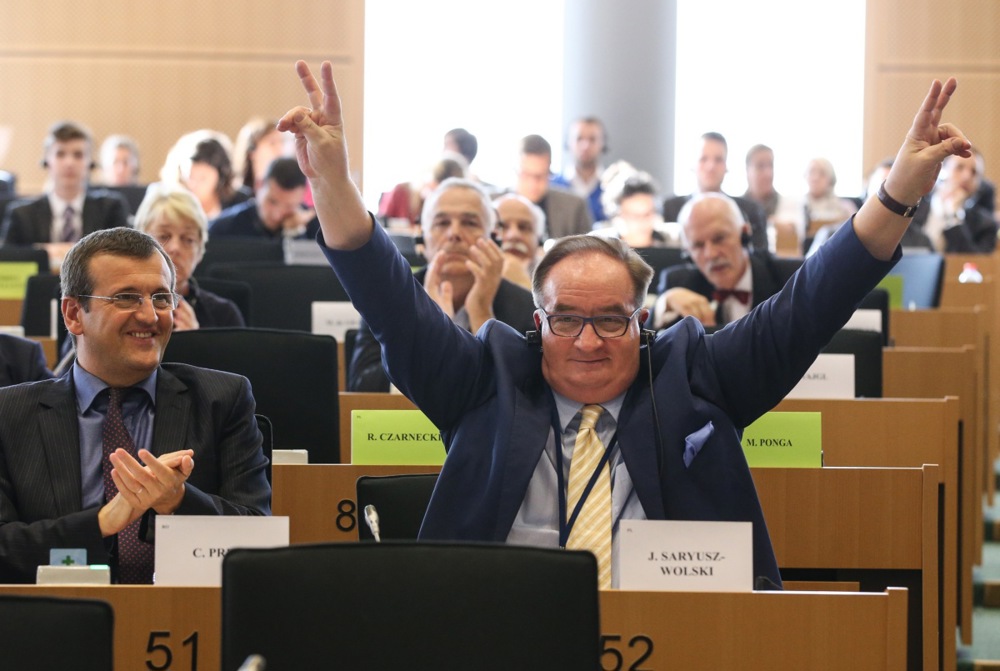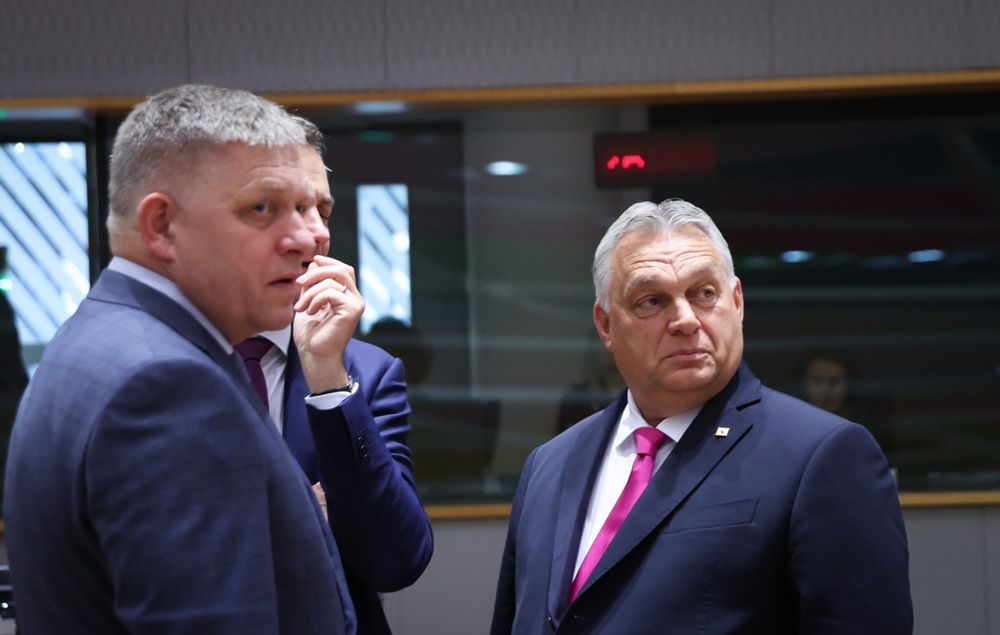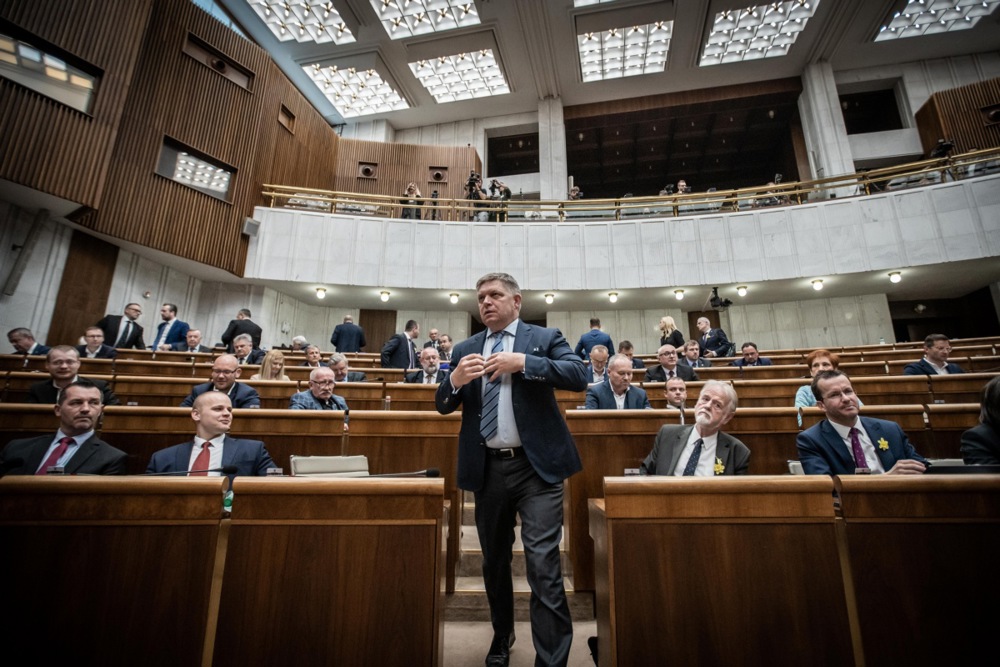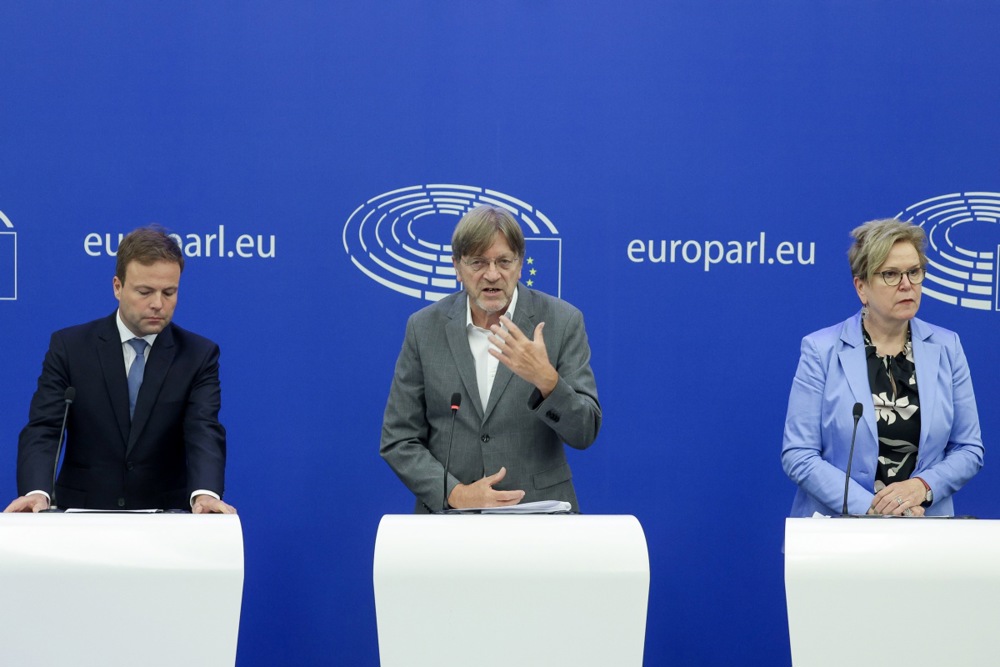A European Parliament plan to change the EU Treaty has been indefinitely postponed before it has even been discussed by EU leaders.
The plan, spearheaded by arch-federalist MEP Guy Verhofstadt, aims to abolish national vetoes and hand more power to the Brussels institutions.
Verhofstadt promised that the proposed changes would be rushed through to a summit of EU leaders earlier this month.
But the plan was not tabled on the summit agenda, with one source telling Brussels Signal that there was no knowing when or even if it would be discussed.
A Council of Ministers spokesperson said EU leaders had “no obligation” to discuss the Parliament’s reform demands.
The European Parliament has approved a fresh Euro-federalist push via changes to the EU Treaty. https://t.co/6xWODq6yyT
— Brussels Signal (@brusselssignal) November 22, 2023
The treaty change package was approved by the EP plenary in a tight vote on November 22, with 291 MEPs voting in favour, 274 against.
Speaking after the vote, Verhofstadt said that, with the help of the Spanish Presidency of the Council of Ministers, the proposed changes were to be tabled by December 12.
The plan was for it to be speedily approved by the Council of the Ministers’ General Affairs committee and sent on to the European Council Summit on December 14.
No such item appeared on either Council’s agenda. Summit attendees instead found themselves trying to overcome Hungarian Prime Minister Viktor Orbán’s veto on further EU funding to the Ukraine.
The proposed Treaty changes would see the virtual elimination of unanimity voting in EU-decision making. In key areas, EU laws and policies still need a final stamp of approval from all 27 Member States, meaning each nation has the power of veto.
Many regard that power as an essential guarantee of the rights of individual nations. Others believe it renders the EU unmanageable and say this chaos will be exacerbated if and when new members join.
Despite being tabled before a subsequent meeting of environment ministers, the fate of the the proposal is now unclear.
Sources say there is little appetite for a debate on reforming the EU either among the Member State’s permanent representatives in Brussels or national governments.
Debate regarding further federalising or centralising the power of the EU has been ongoing since European integration began after the Second World War.
The Ukraine war has given new life to the issue. Eurofederalists argue that the EU cannot afford a system based on unanimity voting if it is to have unified foreign policy, especially as it seeks to support Ukraine against Russia.
Eurofederalists argue that an EU, if it expands further, would make unanimity voting impossibly cumbersome.
Others, such as Polish MEP Anna Fotyga, say this is disingenuous argument as there is no statistical evidence that an increase in Member States critically slows decision-making.





